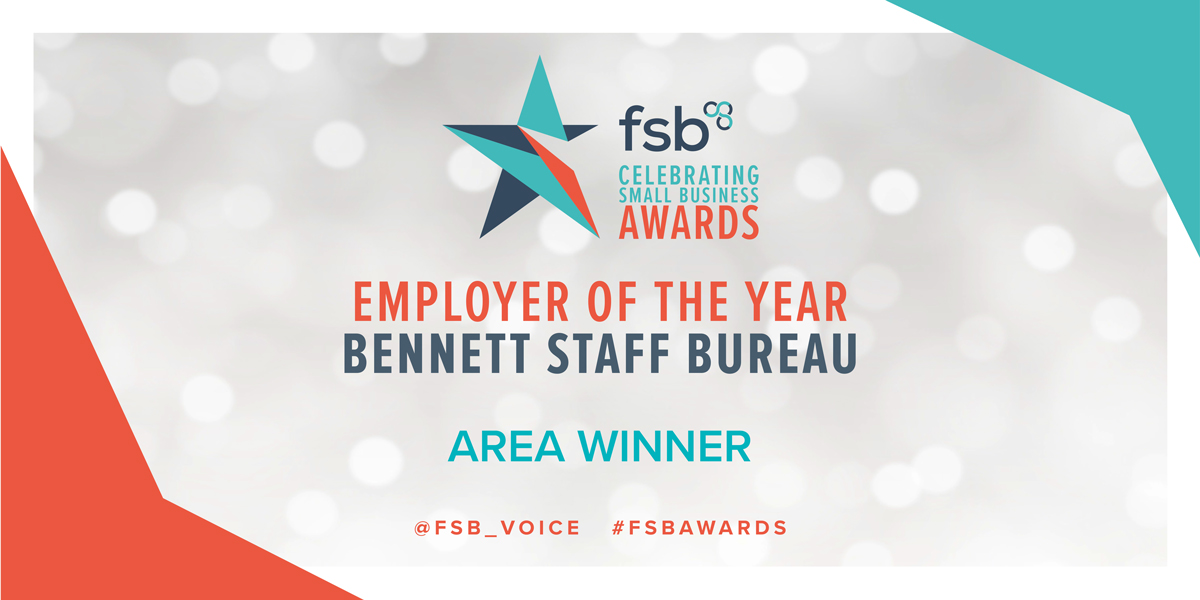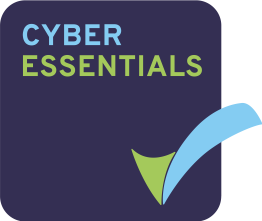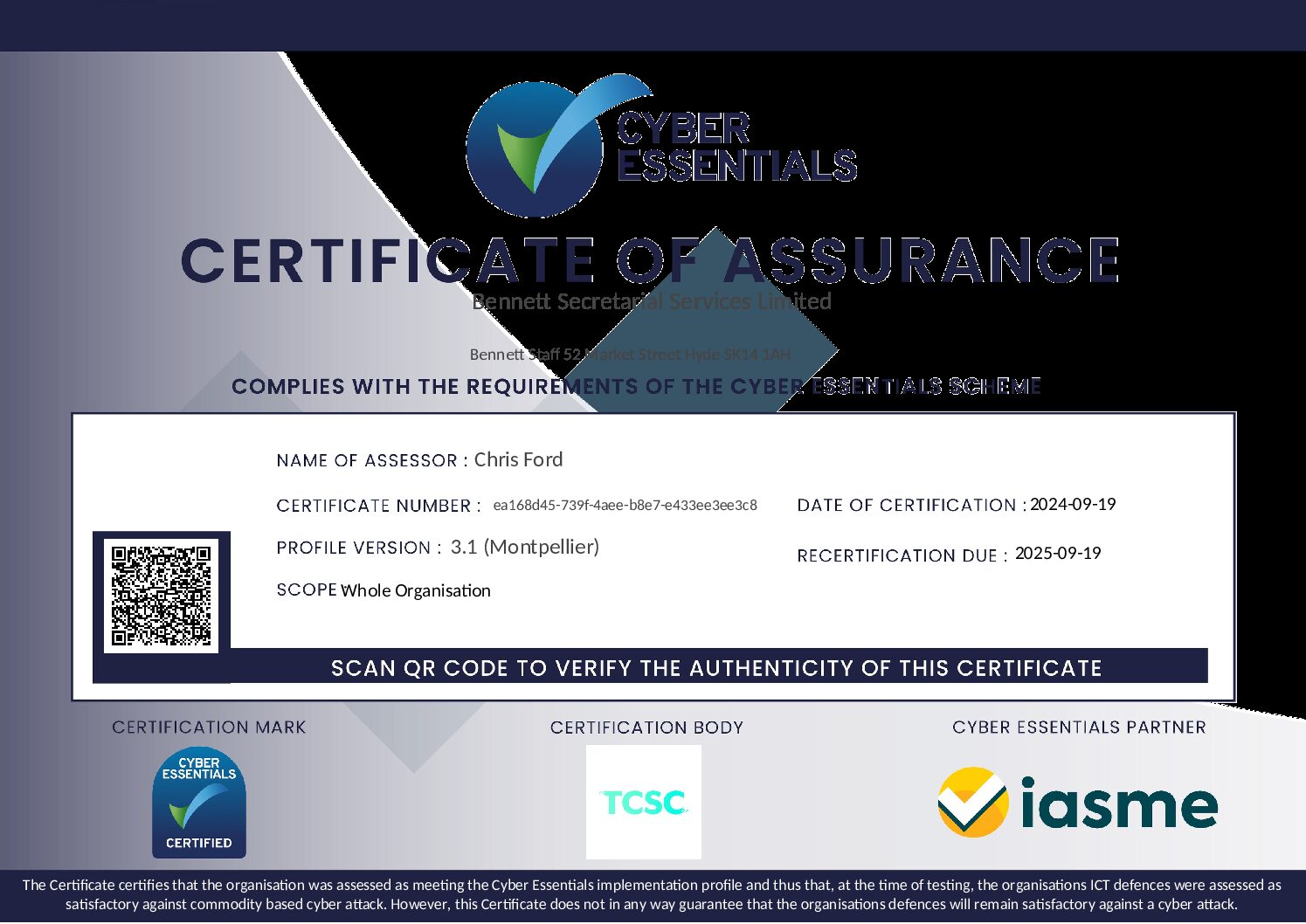CORONAVIRUS

Please bear in mind that the COVID-19 is a challenging health issue and the government and health experts are constantly reviewing the situation. As such, while this guidance is up to date at the time of writing – it will be updated as and when any changes are required.
17th March 2020 – Some FAQ’s from temporary workers – COVID-19
The government will temporarily extend SSP to cover:
- Individuals who are unable to work because they have been advised to self-isolate
- people caring for those within the same household who display COVID-19 symptoms and have been told to self-isolate the government and the NHS will bring forward a temporary alternative to the fit note in the coming weeks which can be used for the duration of the COVID-19 outbreak. This system will enable people who are advised to self-isolate to obtain a notification via NHS111 which they can use as evidence for absence from work, where necessary.
- This notification would meet employers’ need for evidence, whilst taking pressure away from General Practices Employee must have weekly earnings of at least the lower earnings limit – currently £118 per week (£120 from April 2020).
- Employees must notify their employer of the sickness absence as per the regulations and any agreement with the employer.
- Employees must provide evidence of incapacity – normally a self-certificate for the first 7 days and doctor’s fit note following that (although employers are being urged to be flexible given that people are being advised not to go to their GP if they suspect they have or have been exposed to Coronavirus).
- SSP is currently £94.25 per week (increasing to £95.85 per week from April 2020).
- Currently only paid from the fourth qualifying day of absence but the Prime Minister has announced that it will be payable from day 1 where related to Coronavirus. See section 2 ‘Updates’ above. We still don’t know what date this will be in force from as the legislation needed to implement the change has not yet been passed.
The government has significantly changed its health guidance for people with even mild symptoms of Coronavirus.
The advice now is:
If you have symptoms of Coronavirus infection (COVID-19), however mild, do not leave your home for 7 days from when your symptoms started.
You do not need to call NHS 111/ NHS24 to go into self-isolation. If your symptoms worsen during home isolation or are no better after 7 days, contact NHS 111 online/ NHS24.
Public Health England, NHS Service Scotland and Public Health Wales have all issued guidance effective from 12 March 2020 to reflect this updated policy.
Full details of the new policy, including further advice about self-isolation, when to end self-isolation and when to seek medical advice or help is available on the Public Health England, NHS Service Scotland and Public Health Wales websites.
At the time of writing, it is also being reported that the self-isolation policy may be extended and for anyone over the age of 70 to stay at home.
******************************************************************************************************************
Previous notes for our partners – Stallard Kane – Some clients are asking our temporary workers to complete a further Health Questionnaire, we have tailored one specifically for this, please ask your consultant for further information. Or as a precautionary measure you can ask all staff members to seek the advice on https://111.nhs.uk/covid-19
Under health and safety law, employers have a duty of care to protect employees from infectious diseases at work. Coronavirus is the most recent outbreak of disease and it is the employer’s responsibility to take precautions to prevent exposure to the disease and ensure the health and safety of employees. Developing a plan or a policy on reducing the risk of infection and what to do in the event of an outbreak is the best way to be prepared for an outbreak in the workplace.
What are the symptoms of someone with coronavirus?
The following symptoms may develop within 14 days of coming into contact with someone who is infected by COVID-19:
- A cough
- loss of smell and taste
- A fever
- Difficulty breathing
Important: These symptoms do not necessarily mean you have the illness. The symptoms are like many other illnesses that are much more common, such as a flu or a common cold. Generally, these infections can cause more severe symptoms in people with weakened immune systems, older people, and those with long-term conditions like diabetes, cancer and chronic lung disease.
So, what to do if a member of staff displays symptoms of coronavirus?
111 should be everyone’s first port of call. When there’s a disease outbreak, the public can become very weary and, in some cases, over exaggerate. A simple fever or cough doesn’t necessarily mean you have Coronavirus. This why it is important to seek medical advice before making assumptions. NHS 111 offer an online coronavirus service which is in the form of a questionnaire for people who believe they may be showing symptoms. This is a series of questions which will determine if you need to seek further medical help.
The NHS have asked the public not to go to a GP surgery, pharmacy or hospital. This is simply a control measure to prevent the spread of the disease. Remember to stay calm and seek the advice through 111 first.
What practices can we adopt to help protect employees from infection?
At the time of writing, there is no vaccine for Coronavirus. The most efficient way to prevent the infection is to avoid exposure. Maintaining and encouraging good levels of hygiene is highly important. Methods you could employ are:
- Ensure hand washing facilities are available to staff, with warm running water and soap. Additionally, sanitizer gels could be made available
- Encourage frequently cleaning hands by using alcohol-based hand rub or soap and water
- Following the standard procedure of covering your mouth and nose with a tissue when coughing or sneezing. This then needs to be thrown away immediately – Catch it, Bin it, Kill it
- Avoiding close contact with anyone who has a cough or a fever
- Ensuring work surfaces are cleaned
- Remove waste daily
Other steps to explore to mitigate the risks are:
- Risk assess your activities to help identify potential sources of exposure and formulate suitable control measures, e.g. can some face to face meetings where there is the potential to increase the risk of contact be just as easily carried out via video conference calls, or conference calls?
- If circumstances in the UK become more extreme, look at instances where remote working can be carried out to avoid travel.
- Monitor staff who have pre-existing medical conditions, pregnant workers, persons with weak immune systems etc. as further steps may be required to reduce risk
- Keep information to employees clear, concise and up to date – ensure effective communication
What if I have staff returning to the UK from other countries?
It is down to the employer to assess the risk of the employee returning to work. As of right now, infected countries have been split into two categories. Category 1 consists of Wuhan City and Hubei Province (China), Iran, Daegu or Cheongdo (Republic of Korea) and any Italian town under containment measures. Category 2 consists of Cambodia, China, Hong Kong, Italy (North), Japan, Laos, Macau, Malaysia, Myanmar, Republic of Korea, Singapore, Taiwan, Thailand, Vietnam. It has been advised that people traveling back from Category 1 should self-isolate, even if asymptomatic, and use the 111 online Coronavirus service to find out what to do next. Travellers from Category 2 have been advised not to take any specials measures unless they develop symptoms, in which case they should self-isolate and call 111. Over time, countries in the categories may change, so for updated categories please refer to the list on the Government website.


















